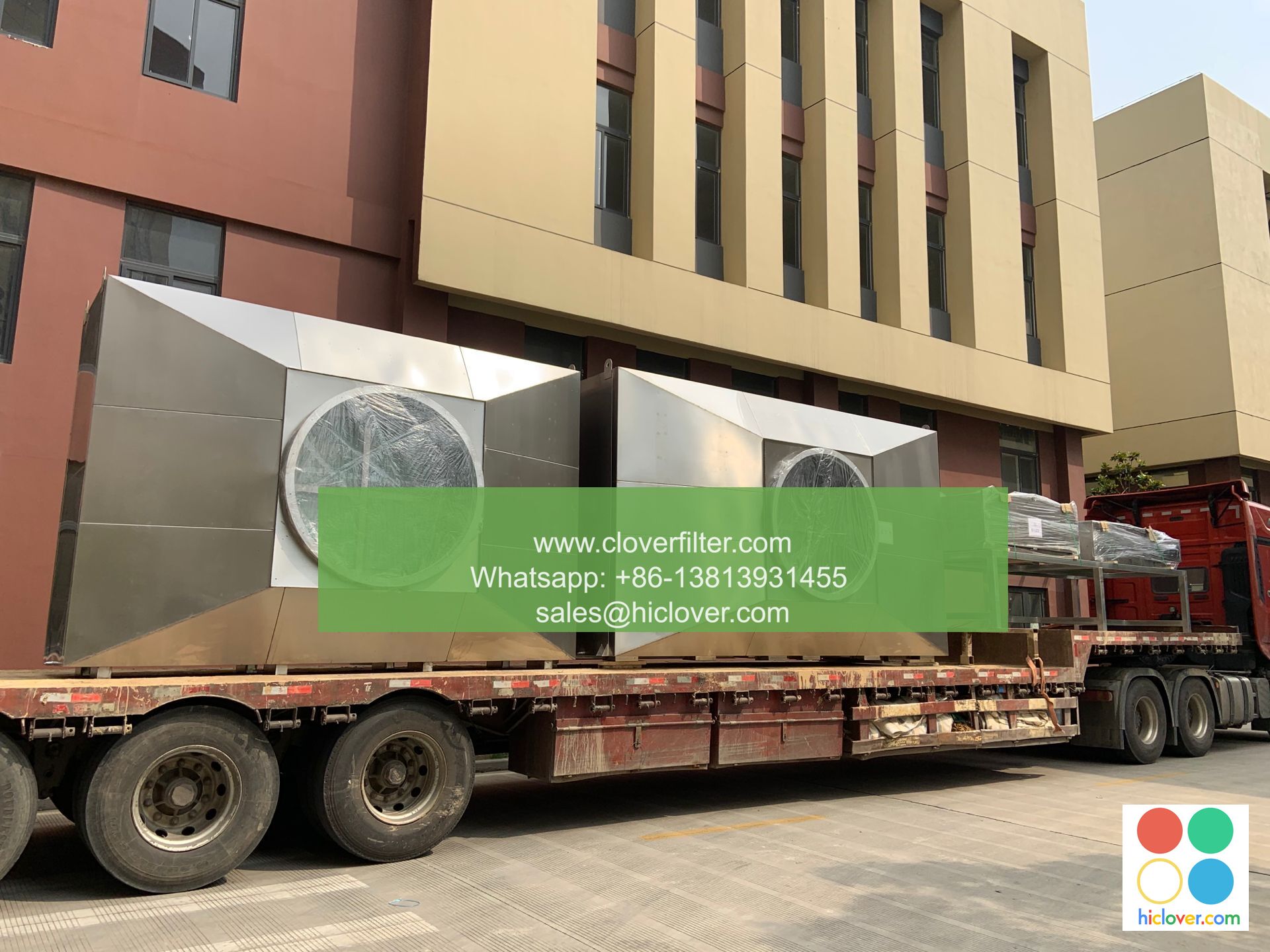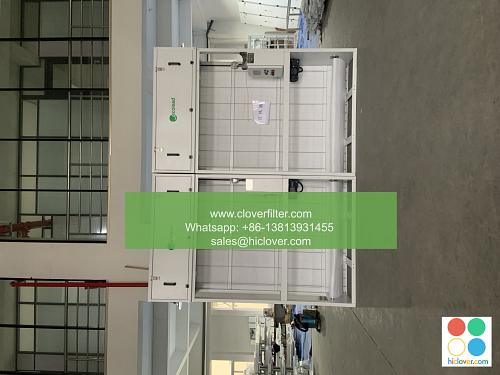A Tutorial on Air Filter Testing and Evaluation

Air filter testing and evaluation are critical processes that ensure the quality and performance of air filters used in various applications, including industrial air filtration, commercial HVAC systems, and residential air purification. In this article, we will provide a detailed tutorial on air filter testing and evaluation, highlighting the importance of aerosol testing, filter efficiency, and pressure drop testing in determining the overall performance of air filters.
Introduction to Air Filter Testing
Air filter testing is a systematic process that involves evaluating the performance of air filters under controlled conditions. The primary objective of air filter testing is to determine the filter’s ability to capture particulate matter, gases, and odors, while minimizing pressure drop and energy consumption. Air filter testing is crucial in various industries, including pharmaceuticals, food processing, and healthcare, where clean air is essential for maintaining product quality and preventing airborne contaminants.
Types of Air Filter Tests
There are several types of air filter tests, each designed to evaluate specific aspects of filter performance. Some of the most common air filter tests include:
* Aerosol testing: This test involves introducing aerosol particles into the air stream and measuring the filter’s ability to capture them.
* Filter efficiency testing: This test evaluates the filter’s ability to remove particulate matter from the air stream.
* Pressure drop testing: This test measures the pressure drop across the filter, which is critical in determining the filter’s energy consumption and overall performance.
* Gas testing: This test evaluates the filter’s ability to remove gases and odors from the air stream.
Application Areas of Air Filter Testing
Air filter testing has numerous applications in various industries, including:
* Industrial air filtration: Air filter testing is critical in industrial settings, where clean air is essential for maintaining product quality and preventing airborne contaminants.
* Commercial HVAC systems: Air filter testing is essential in commercial HVAC systems, where filter efficiency and pressure drop can significantly impact energy consumption and system performance.
* Residential air purification: Air filter testing is important in residential settings, where clean air is essential for maintaining indoor air quality and preventing airborne contaminants.
Conclusion
In conclusion, air filter testing and evaluation are critical processes that ensure the quality and performance of air filters used in various applications. By understanding the importance of aerosol testing, filter efficiency, and pressure drop testing, industries can select the most effective air filters for their specific needs, maintaining clean air and preventing airborne contaminants. As the demand for clean air continues to grow, the importance of air filter testing and evaluation will only continue to increase, driving innovation and advancement in the field of air filtration. You haven’t provided a question or topic for discussion. What would you like to talk about?

